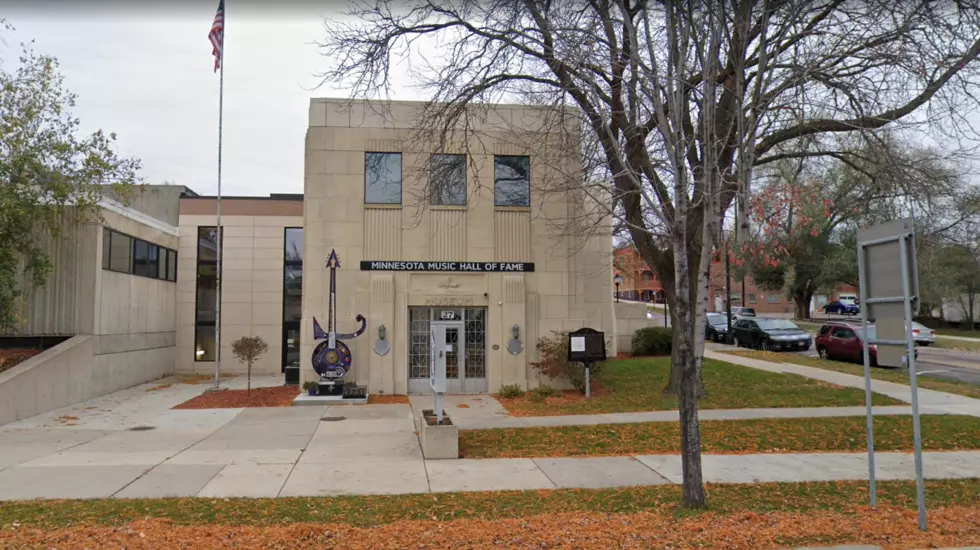
How Triumph Finally Put Everything Together on ‘Allied Forces’
Like most bands dealing with strong personalities, pressures of success and egos, Canadian power trio Triumph didn't always put across the most united front. But when time came to deliver their fifth album on Sept. 19, 1981, they truly came together – though under a certain amount of career duress.
It took what bassist, keyboardist and producer Mike Levine called a potential "career killer" of an album to get to this point. Rush-recorded to satisfy unrealistic record company release deadlines, 1980's Progressions of Power was a commercial and critical disappointment, losing Triumph momentum. Levine, singer and guitarist Rik Emmett and drummer and singer Gil More realize that they had to do better on Allied Forces.
"We had no time to make [Progressions of Power]," Levine told Classic Rock Revisited in 2011. "We were told we had to have an album out by such and such a date or else. The quality was just okay and the songs were just okay." For Allied Forces, however, "we got to make that album at our own studio."
This added freedom, and control proved to be the difference, as Triumph concocted a set of powerful numbers, including head-bangers like "Fool for Your Love" and the title track, partly progressive efforts like "Fight the Good Fight" and "Ordinary Man" and a pair of melodic winners in "Say Goodbye" and "Magic Power."
The latter proved to be the album's linchpin, serving as an emotional love letter to music itself; but getting it down on tape was no easy task, according to Levine.
"We recorded that song four or five times," he recalled. "It was too poppy, so to speak. It had the Triumph signatures in it but not enough of them. We were really struggling. Finally, somebody said, 'If we were the Who, how would we record this song?' The Who had a lot of pop hits but you still knew it was the Who. We knew we had to find a way to record this song and not make it so sappy [so] we slugged our way through it [and] one day, the magic was there and I was like, 'That’s the one.'"
Armed with not one, but two hits, Allied Forces was an immediate smash. "Fight the Good Fight" climbed to No. 18 on the Billboard Rock chart, and "Magic Power" peaked at No. 8. When combined with MTV airplay and Emmett's angelic voice and looks, a new group was added to Triumph's audience.
"That song brought more women to our concerts," Levine told Classic Rock Revisited. "We went from 90 percent male to 60-40 guys to girls, because where the girls go, the guys will follow."
Triumph's concert tour in support of Allied Forces crisscrossed North America for the better part of a year, and eventually led to another platinum album. But Allied Forces still tops fans' lists of favorite Triumph albums, long after their 1988 breakup following a string of quality albums like Rock and Roll Machine and Just a Game.
See Triumph Among Canada’s Top 10 Rock Acts
More From KYBB-FM / B102.7










